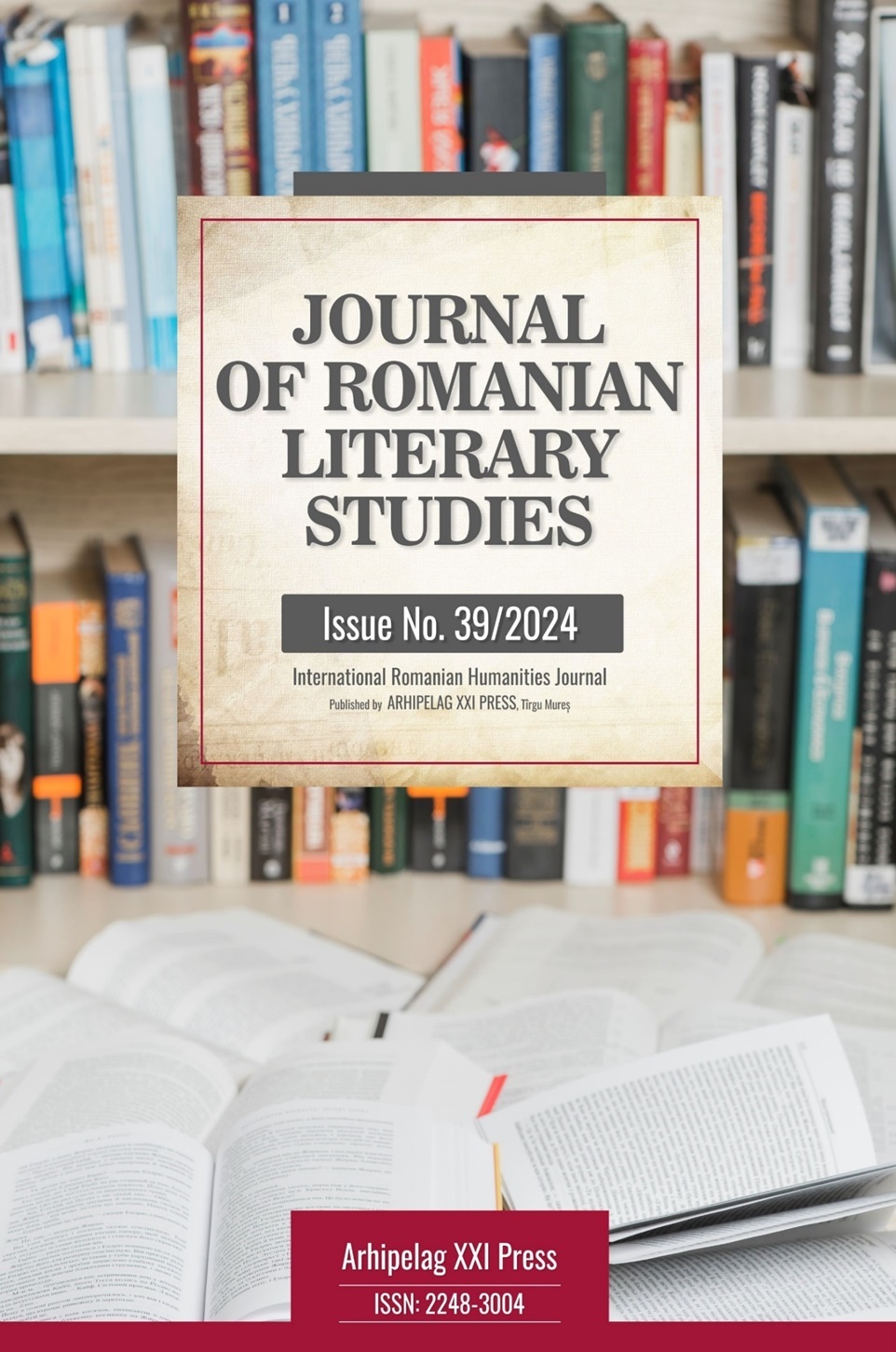MENTORING IN PRIMARY EDUCATION: BUILDING FOUNDATIONS FOR EFFECTIVE TEACHING
MENTORING IN PRIMARY EDUCATION: BUILDING FOUNDATIONS FOR EFFECTIVE TEACHING
Author(s): Ruxandra Florentina BuzicăSubject(s): Social Sciences, Education, School education, Vocational Education, Educational Psychology, Pedagogy
Published by: Editura Arhipelag XXI
Keywords: mentoring; professional development; emotional resilience; classroom management; teacher retention
Summary/Abstract: This study explores the critical role of mentoring in primary education, focusing on its impact on novice teachers' professional development, classroom management, and emotional resilience. Findings indicate that structured mentoring programs significantly enhance the self-efficacy and resilience of beginner educators, enabling them to approach classroom challenges with confidence and manage the stress typical of their early careers. These improvements in teaching practices contribute to higher teacher retention rates, which are essential for a stable and effective education system (Hobson et al., 2009). Mentorship programs offer both practical guidance and emotional support, mitigating the isolation and burnout commonly experienced by new teachers (Feiman-Nemser, 2001; Ingersoll & Strong, 2011). Mentors assist novice teachers in lesson planning, classroom management, and student engagement, fostering their personal and professional growth (Borrero, 2015). The study underscores the importance of embedding mentorship within the educational framework to create a supportive environment that promotes effective teaching practices. Tailoring mentorship to the specific needs of beginner teachers in Romania is particularly emphasized, addressing local challenges such as adapting to evolving educational standards and student diversity. Contextual factors, including socio-cultural dynamics and educational policies, should shape mentorship programs to ensure their relevance and effectiveness. The research advocates for educational policymakers to prioritize culturally responsive and well-structured mentoring programs. By supporting novice teachers through these tailored initiatives, schools can enhance teaching quality and improve student outcomes. This study highlights that effective mentorship benefits not only teachers but also contributes to a supportive educational environment that empowers educators and fosters student success.
Journal: Journal of Romanian Literary Studies
- Issue Year: 2024
- Issue No: 39
- Page Range: 967-976
- Page Count: 10
- Language: English

